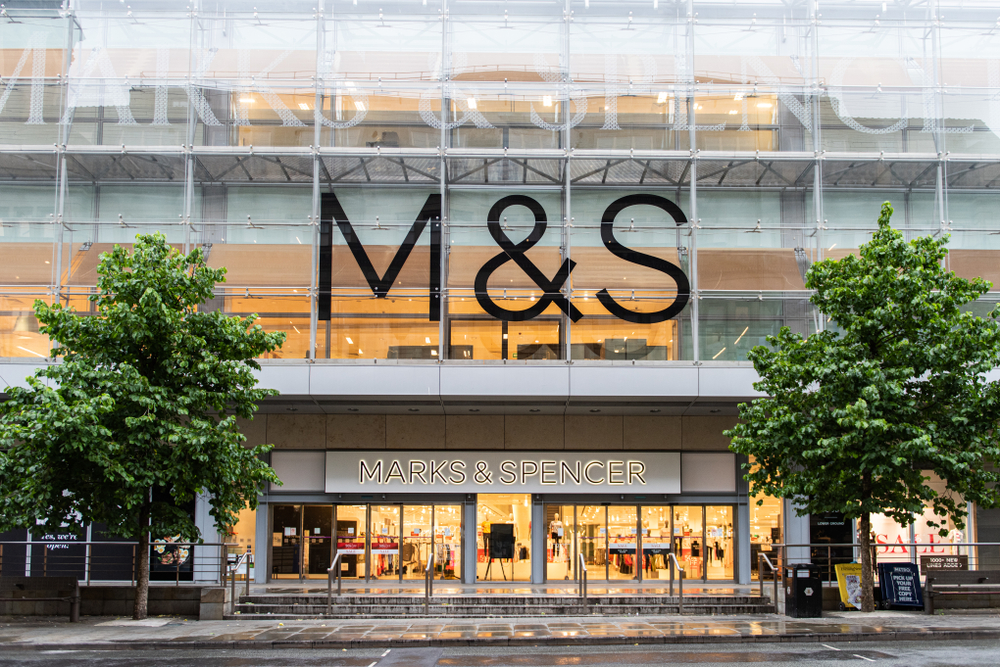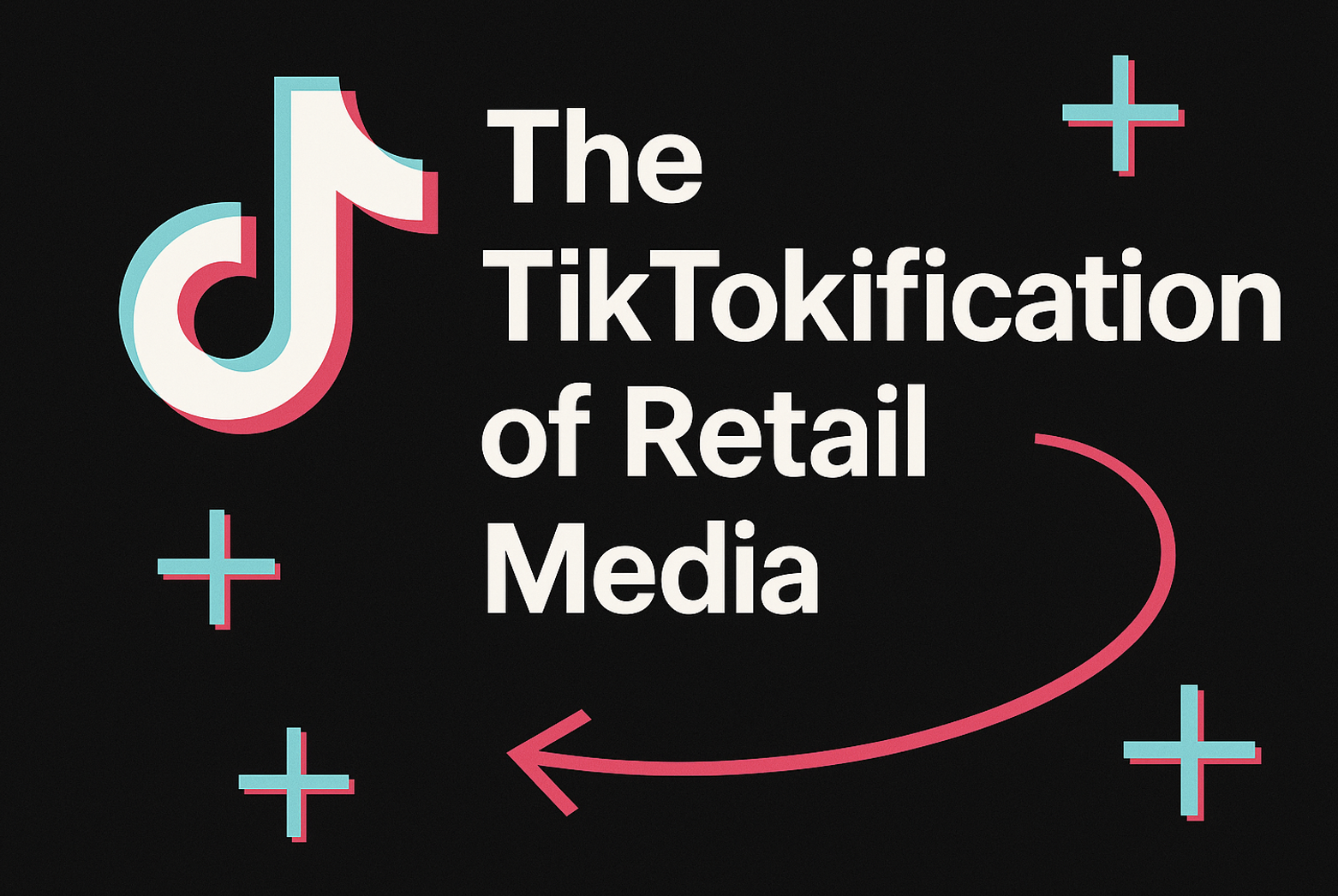Despite a globally recognised brand and thousands of stores in over 100 countries, by 2019 Danish jewellery brand Pandora was facing an impasse. Several years of stagnant and declining revenues had led the company to look at more fundamental ways to reinvigorate itself.
David Walmsley (pictured), a veteran of House of Fraser and Marks & Spencer who took on the head digital role at Pandora in April last year, says that the company’s recently launched digital division is going to be a key part of reconnecting with the brand’s core audience.
“Digital is fundamental to having that direct and meaningful connection,” he tells InternetRetailing. “All of our audience and fans live in the digital space.”
Walmsley notes that Pandora is relatively new to digital, pointing out that the jeweller only launched an ecommerce site five years ago and has “a lot of catching up to do with ecommerce and personalisation.”
Last year, Pandora appointed marketer Alexander Lacik, a veteran of Procter & Gamble and ex-CEO of child safety product company Britax, as its CEO. Lacik is driving Programme Now, Pandora’s wide-ranging transformation project. This aims to both cut costs and strengthen what the retailer sees as a weak brand identity.
Last month saw it launch a new digital division, which will operate out of Danish capital Copenhagen. The new in-house team will include product managers, a user experience studio and a new marketing team with a focus on data science. The division will focus on evolving Pandora’s digital customer experience and driving online sales. The group will also look at how to strengthen Pandora’s ability to capture, analyse and apply customer data for personalisation purposes.
Walmsley explains that Pandora wants to develop a hybrid model, where in-house IT teams work in parallel with third parties such as Accenture. The company recently moved its data centres to the cloud with Accenture and plans to consolidate its more than 60 IT vendors into a “handful”.
What does forging a personal relationship with customers mean in the digital world? As Walmsley notes, “the most personal relationship you can have is face-to-face and a lot of digital is trying to catch up with that.”
He says digital should be about “recreating the very best of the in-store shopping experience”. For example, a huge proportion of Pandora customers are male gifters; the digital experience needs to provide recommendations for what goes with the product the customer wants and based on the personal tastes of the recipients. This needs to be curated, with algorithms not left to make the decision.
“A good shopping experience in-store will help the customer tease out these thoughts – the customer might know more than they thought they knew.”
The important thing is the emotional aspect that Walmsley identifies.
“It comes back to this emotional experience – most of time we are talking to an audience, fan or customer who is engaged in an emotional purchase. A purchase for someone else has a huge meaning and a story.”
The company has been working to close the imagination gap that is created by online through a wide-ranging upgrade of its website photography in 2019. The company has also launched, as a minimum viable product, a bracelet builder. Called “Build My Moments”, the technology was built alongside a US technology company which offers technology that car companies use to render 3D model. It is designed to offer a genuinely 360-degree model of the bracelet.
Walmsley calls this a “starter for ten” and something that will be fundamental to selling heading forward.
“We can create thousands of 3D-rendered combos of products and say: ‘here is a 3D bracelet with things we know you’d like.’”
It is designed to be mobile-first, as is the company’s whole online offering, since mobile accounts for nearly 70% of online users. However, Walmsley has no plans as of yet to launch a Pandora mobile app.
“We would only launch [an app] if we had such a great proposition in that space that our customers were demanding us to do one.”
Other changes are procedural but require a technological solution: store colleagues may be nervous around online getting sales. Overcoming this will mean creating a profile for customers that follows them across both physical and online in an automated way, which Walmsley calls “stopping the customer having to be the glue in our processes”. He admits that he doesn’t yet have a specific plan for this but notes it could be done through a credit card.
So who is Pandora hiring for its new digital team and what skills does Walmsley most value?
“It’s not about the technology, it’s about the people. Technology is the simple bit.”
He lists a few qualities of the ideal candidates: good listeners, empathic and willing to have their assumptions challenged. He also wants soft leadership: “people who are willing to step up and lead, but also happy to be part of the team”.
“The skill I think is rarest is in top talent in the digital space is humility – that willingness to listen and empathise.”
Read more from this exclusive interview with David Walmsley on our sister title eDelivery.








